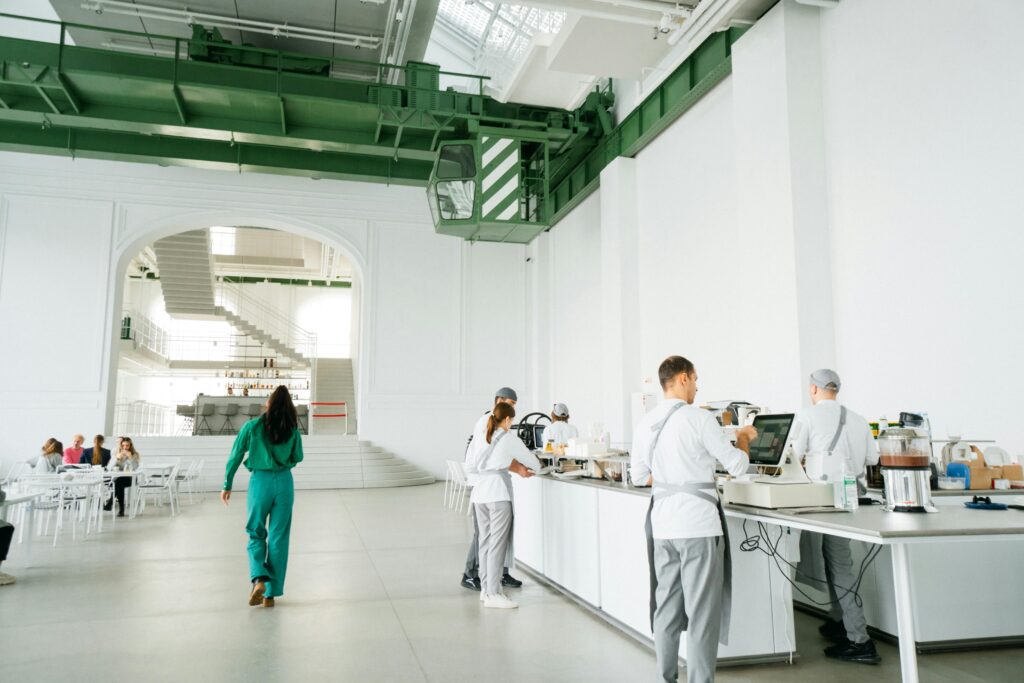Here are some quick, practical tips hospitality workers use to survive busy nights:
🔥 Shift Survival Hacks
1. Before the Rush
-
Set up your station properly – extra pens, notepad, clean cloths, spare cutlery, straws, etc. Saves stress later.
-
Learn the specials & menu highlights – you won’t waste time checking mid-shift.
-
Eat a light meal before shift – keeps energy up without feeling heavy.
2. During Service
-
Cluster tasks – If you’re walking past tables, clear plates, refill waters, or check in on multiple guests at once.
-
Prioritise “hot food first” – Always deliver food while it’s hot, then handle side tasks.
-
Use memory tricks – Group orders by seat numbers or repeat them in your head while walking to the POS.
-
Smile even when stressed – It calms guests and tricks your brain into feeling more in control.
3. Working Smarter, Not Harder
-
Learn where everything is – Don’t waste time searching for supplies.
-
Communicate quickly with teammates – Short signals like “86” (out of stock) or “on the way” help avoid chaos.
-
Batch drinks/plates – Carry more in one trip instead of making multiple runs.
4. Handling Customers
-
Diffuse complaints fast – Acknowledge first: “I understand, let me fix that right away.”
-
Buy time politely – If slammed, say “I’ll be right back with you in just a moment” instead of ignoring guests.
-
Read the table – Some guests want chatty service, others want you quick and invisible. Adjust accordingly.
5. Protect Your Energy
-
Hydrate whenever you pass the staff water station.
-
Micro-break = 30 seconds to stretch your back or roll your shoulders between tasks.
-
Pace yourself – Don’t sprint early in the night and burn out; keep a steady rhythm.
6. End of Shift Hacks
-
Clean as you go – End-of-shift cleanup is way easier if you tidy in small chunks.
-
Restock before leaving – It helps the next shift, and they’ll usually return the favour.
-
Quick decompress – A few deep breaths, water, and change of shoes before heading home makes recovery faster.
⚡ Golden Rule: Work smarter, not just harder. Little time-saving habits add up to a smoother, less stressful shift.


